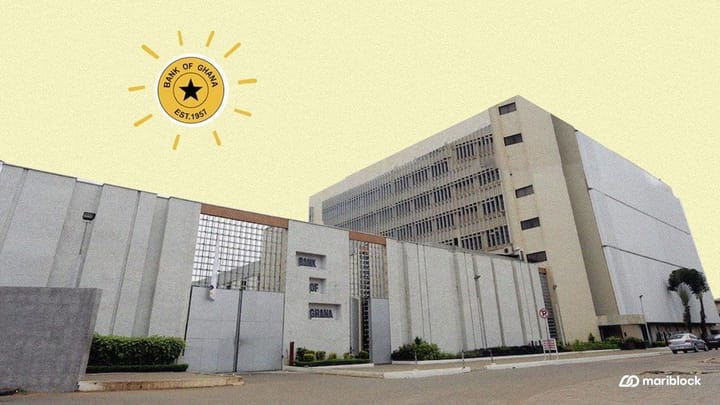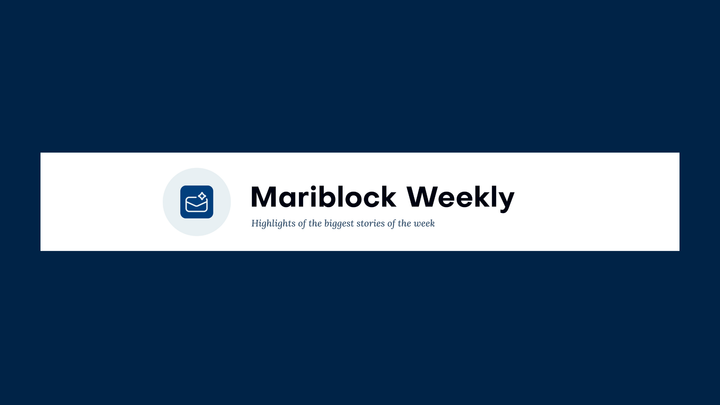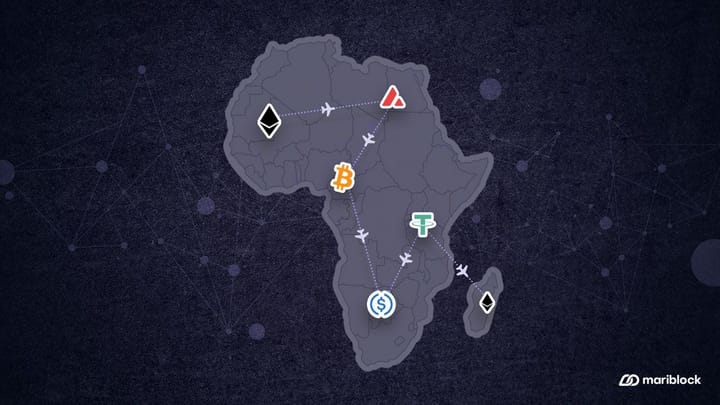Ghana-based think tank launches blockchain research and advocacy center
Institute for Liberty and Policy Innovation, Ghana, is looking to influence public policy regarding blockchain through its new research house.

Ghana-based Institue for Liberty and Policy Innovation (ILAPI), on June 16, announced the launch of the Center for Coin Liberty. This new research house wants to leverage “evidence-based methods” to engage the public and influence blockchain legislation in the country. ILAPI is a think tank that uses economic research for public policy advocacy.
📬
Subscribe to Crypto Africa and receive updates about the latest crypto developments in Africa. Subscribe Now
Fast Facts
- The center’s director Nathaniel Dwamena said: “The purpose of the Centre is to use evidence-based methods and research to create constant and continuous public engagement to shape legislation for blockchain adoption.”
- Dwamena added that blockchain could be used to fight corruption, and electoral fraud, citing the technology’s application in places like South Korea and the United States.
- He signaled that the new center could explore the use of blockchain in the real estate sector. “It [blockchain] enables the instant and secure transfer of property. It enhances transparency with Smart Contract,” Dwamena told local news outlet GhanaWeb.
- The new center has Cardano — a public blockchain network — as one of its partners.
- The Center for Coin Liberty’s launch comes amid plans by the Bank of Ghana (BoG), the country’s apex bank, to lunch a central bank digital currency (CBDC) called e-cedi.
- The Bank started piloting the e-cedi in May.
- BoG’s governor Ernest Addison said: “So far, the usage and uptake of the offline version of the e-cedi is being piloted in a small town called Sefwi Asafo, in the Western North Region. Selected users in that community have been using the e-cedi for daily purchases such as food, groceries and drinks.
- Data gathered during the pilot phase will inform the decision about e-cedi’s future, he added.



